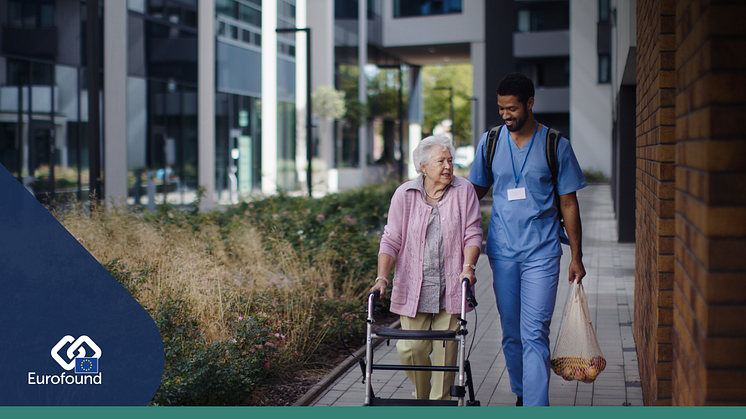Two-thirds of unemployed people in the EU do not receive benefits
Around two-thirds of unemployed people in the EU do not receive benefits, often because their employment records are shorter than required, or their benefits have run out.

Around two-thirds of unemployed people in the EU do not receive benefits, often because their employment records are shorter than required, or their benefits have run out.

In a new episode of Eurofound Talks Mary McCaughey speaks with Eurofound researchers Eszter Sandor and Massimiliano Mascherini about the situation for young people in Europe, from the impacts of the economic crisis and Great Recession to the aftermath COVID-19 pandemic and voting trends in the recent European Parliament elections.
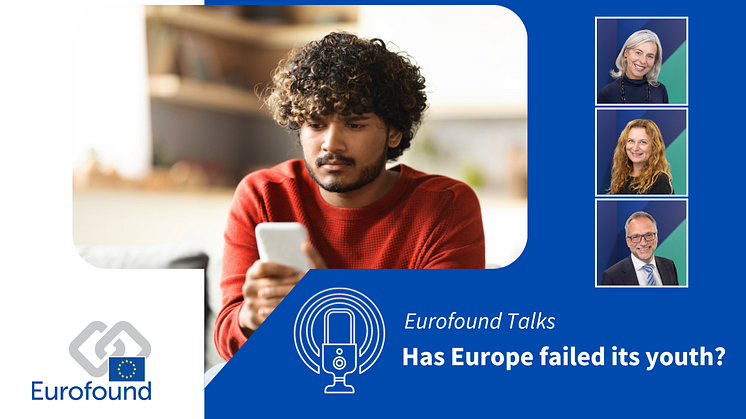
Eurofound's new report explores young people’s wishes and plans for the future in the context of the current labour market and housing situation. It finds that, while there are positive signs for young people in terms of employment, many young people in Europe find themselves locked out of the housing market and unable to establish the independence required to have families of their own.
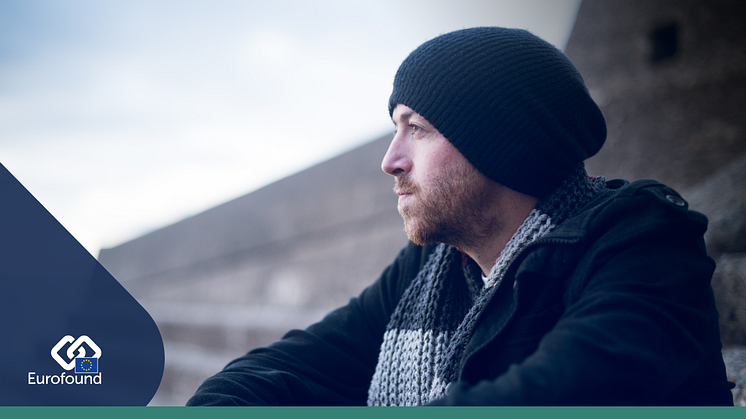
In a special edition of Eurofound Talks, Mary McCaughey is joined by Eurofound Executive Director Ivailo Kalfin and Ivan Krastev, Chairman of the Centre for Liberal Strategies and permanent fellow at the Institute for Human Sciences in Vienna, to look at the political, social and economic drivers in Europe and how they might influence voters at the ballot box in June.

Eurofound’s 2023 yearbook, Living and working in Europe, provides a snapshot of the latest developments in the work and lives of Europeans as explored in the Agency’s research activities over the course of the year.

In this episode of Eurofound Talks Mary McCaughey speaks with Eurofound Research Manager Daniel Molinuevo about the European Child Guarantee, how bad the situation is with regards to child poverty and social exclusion, what Member States have committed to doing about it, what the implications are for workers and civil society, and what prospects there are for the future.
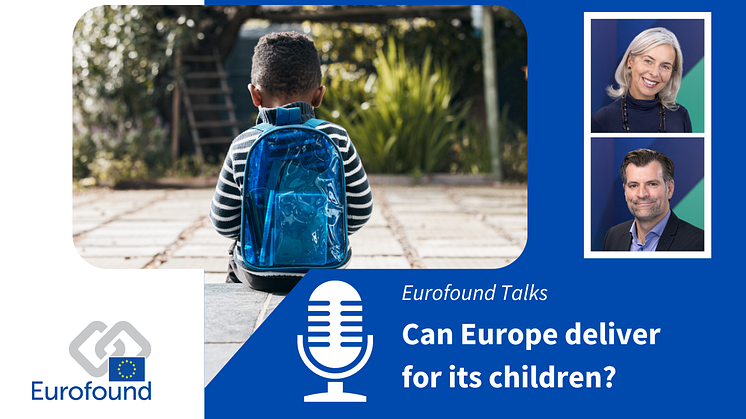
Eurofound has launched a new online survey to chart evolving perceptions of life and work in Europe. The survey looks primarily at the situation of people living in the EU, but is open to everyone aged 16 years or older, regardless of where they live.

Linguistic similarities, high levels of education, labour market shortages, the mobilisation of national and EU resources, civil society involvement, and close cultural ties have helped Ukrainian refugees to find temporary employment in the EU and Norway. However, there remain barriers in accessing longer-term employment and public services, in particular housing.

The rural–urban income gap has increased by nearly 20% over the past decade, with higher incomes in urban areas than in rural areas. This, alongside the employment gap and the relatively poorer provision of public services in rural areas has contributed to a rise in rural communities expressing feelings of being mistreated, disrespected or ignored by their government.
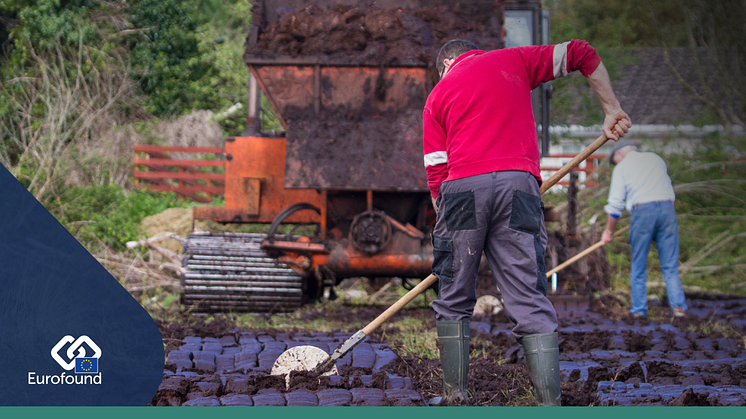
Today is World Mental Health Day, an opportunity to raise awareness of mental health issues around the world and to mobilise efforts in support of mental health.

Workers on non-permanent contracts and workers with no formal contract are less satisfied with the functioning of democracy in their country, as are workers experiencing job insecurity.

The EU’s financial commitment to social issues - with government spending on social services such as social protection, education and health claiming a significant 35% of GDP in 2020 - underpinned its resilience to the economic shock of the COVID-19 pandemic.
